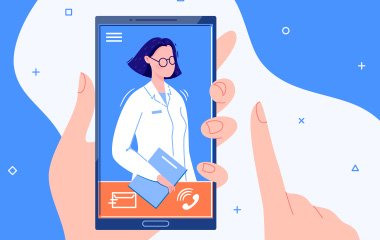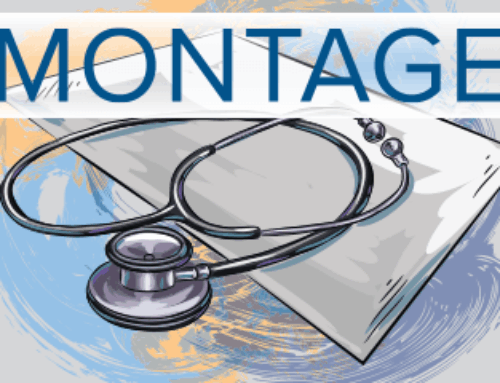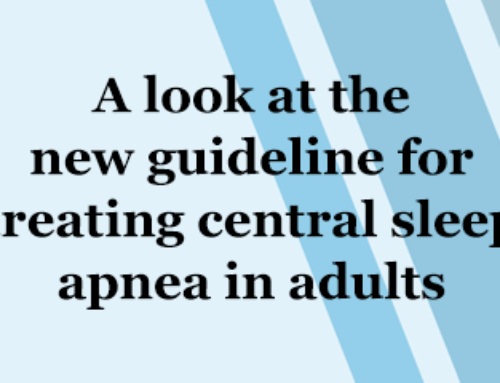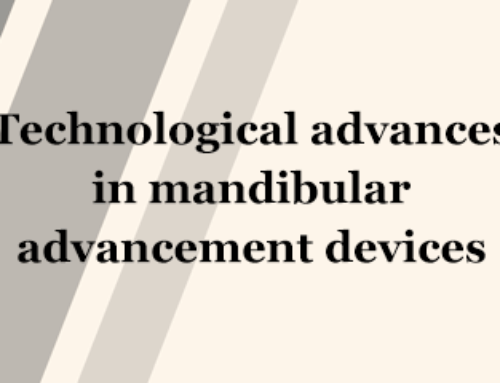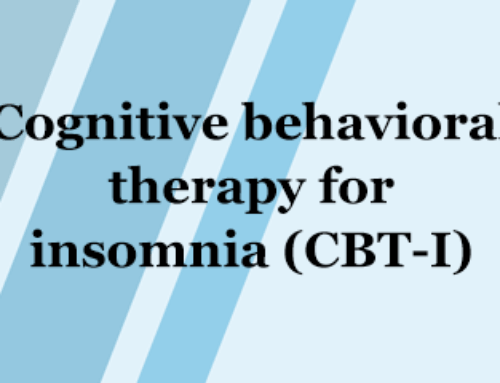What does disruption mean to sleep medicine? It’s perhaps taken on new meaning and new urgency in 2020, as clinicians have had to adapt to new methods of work and patient care. However, the coronavirus isn’t the original disruptor for the field. Innovation has been coming for a long time. The pandemic may have provided a push to increase implementation and integration of new technologies, but be assured, after this year, we can expect even more rapid development of tools and resources that will change health care delivery forever.
Telehealth opens the door to improved access
Azizi Seixas, PhD, has been studying machine learning, artificial intelligence, and health technology for years. Assistant professor of population health and psychiatry at NYU Langone Health and vice chair of the AASM Artificial Intelligence in Sleep Medicine Committee, Dr. Seixas says it’s wrong to think that telemedicine is the game changer to come out of 2020. It’s more about how to harness the power of virtual visits.
“We have done some incredible work at NYU where we have trained sleep health educators to navigate people through the continuum of care. What if all sleep clinics and health care providers were to adopt this approach but instead of being in person, it would be virtual?” wondered Dr. Seixas. “Telemedicine is not the innovative product that will come out of this. It’s how it’s used. Through this approach, you can reach more people, send more devices to more people, screen more people, and follow up with people.”
By its very nature, telemedicine expands access to care. It’s faster and more flexible for patients, making it easier to assess someone’s risk, get them tested, and start treatment. Changes required because of the pandemic will open doors to treat new patients who otherwise wouldn’t participate in traditional sleep studies.
“It’s not that we have to completely jettison the current system,” said Dr. Seixas. “We’re going to be augmenting the system.”
Data will drive the future
The Centers for Medicare & Medicaid Services quickly expanded coverage for telehealth services in the early weeks of the coronavirus pandemic to ensure that all Americans continue to seek medical care safely. If CMS makes these changes permanent, private insurance companies are likely to follow.
Sleep providers can use the data they’re able to collect from virtual visits, sleep studies, home sleep apnea tests, and CPAP usage to demonstrate adherence with prescribed treatments.
“We need to develop digital architectures to find ways in which we can gather data that can do sophisticated interpretations to get very rich insights on how to proceed,” said Dr. Seixas.
That data also is collected by consumer sleep technologies, a growing area that’s certain to further disrupt sleep medicine. Dr. Seixas describes a scenario in which “the internet of things,” a device like Alexa or Google Home, can connect to your location and your CPAP device, observe temperature, air quality and other external factors, and begin tracking environmental determinants of health. Smart devices already are tracking users’ sleep — a feature that could be of interest to more people who feel they’re struggling to get sufficient sleep during the pandemic. Tracking sleep and biometrics gives consumers new insights, makes them more informed, and hopefully motivates them to seek care.
“COVID is a potential silver lining in very dark cloud,” said Dr. Seixas. “We have an opportunity to fully democratize health care through technology and digital innovation. We can care for people better, bring people into research together, improve our education, and improve so many more lives. That’s what disruption is.”

